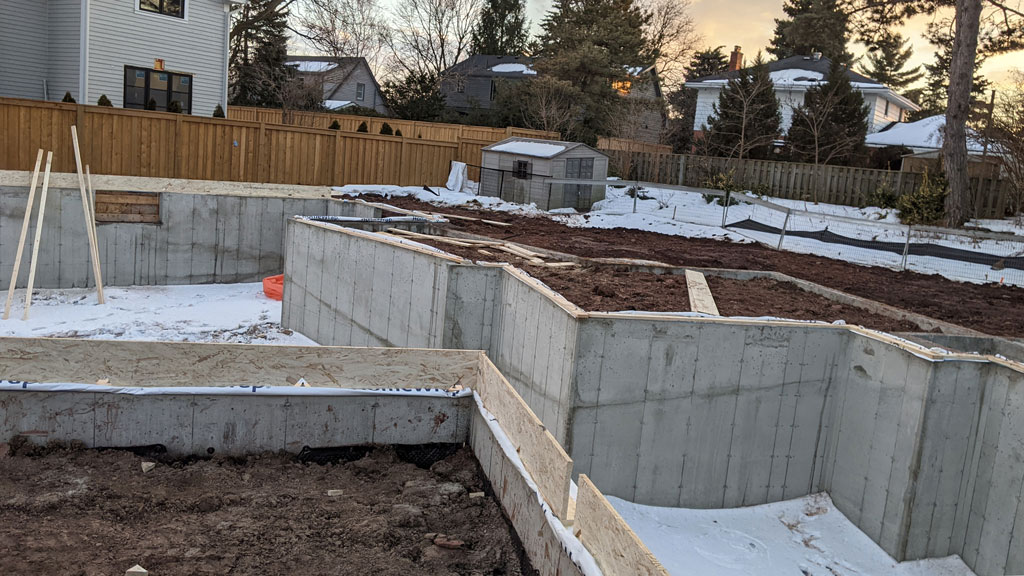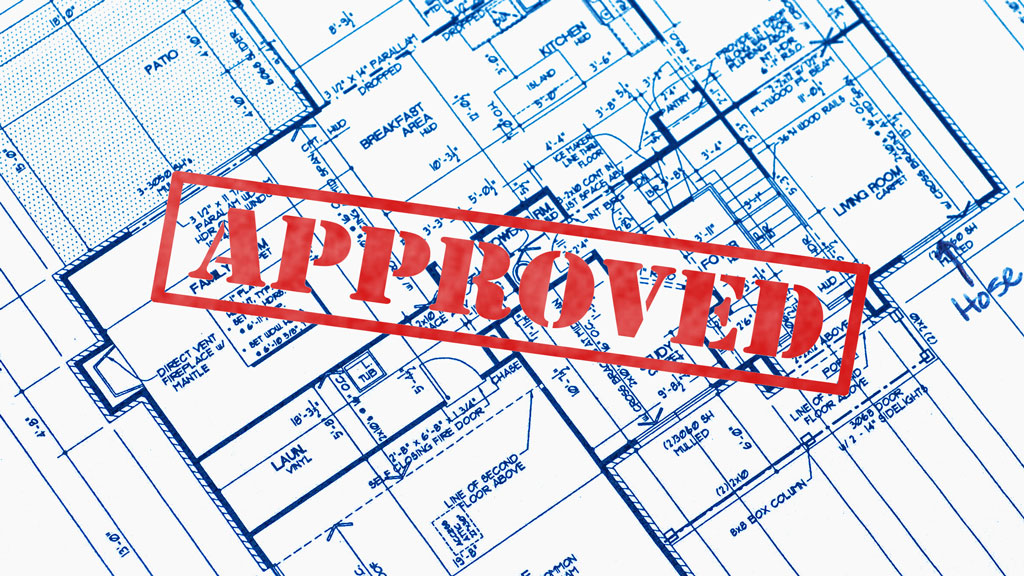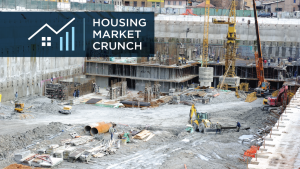Ontario residential construction stakeholders have unqualified praise for a recent Housing Affordability Task Force report that calls for sweeping changes to the province’s planning, zoning, permitting and appeals system to enable more homes to be built more quickly.
If implemented, the task force’s recommendations could enable 1.5 million homes to be built in the next decade, the report suggests, a number in sharp contrast to the 75,000 housing units built in Ontario in 2020.
The report, issued Feb. 8, noted Ontario is 1.2 million homes short of the G7 average.
One set of recommendations that was criticized by mayors suggests Ontario could create more housing supply by allowing more housing in more locations, including triplexes or quads in neighbourhoods zoned for single-family homes as of right now, without the need for municipal approval. Another would prioritize new housing over municipal rules that attempt to preserve neighbourhood physical character.

Representatives of the Building Industry and Land Development Association (BILD), the Residential Construction Council of Ontario (RESCON) and the Residential and Civil Construction Alliance of Ontario (RCCAO) were emphatic in support of the report.
“The recommendations that stem from the housing task force are very comprehensive, and they touch upon many necessary concepts that if implemented will have a positive impact on housing and infrastructure development in the province,” said RCCAO executive director Nadia Todorova.
RESCON president Richard Lyall commented, “The amount of recommendations really reflects the complexity of the issue.
“At the end of the day everyone is aligned. We’ve gotten past the equivocating and the quibbling over supply, demand, whatever else. We have a supply problem. It is recognized.”
BILD chair Jason Sheldon said in a statement the task force recommendations deserve serious consideration.
“The focus on market-based housing is key in this report,” stated Sheldon. “While subsidized and government-supported housing clearly has a role to play in building complete communities, the sheer scale of the housing shortage faced by the region means solutions must focus on the primary housing supply and type in Canada, and that is market-based housing for rent or purchase.”
The Ontario Association of Architects also issued a statement commending the task force’s report. The association supported recommended improvements to the site plan approval process and noted the “broken” approvals system resulted in a cumulative $1 billion in delays, increased labour costs, carrying costs, mortgage costs and other consequences.
A lot of the suggestions we’re already doing in municipalities and the rest would bankrupt municipalities and eliminate democracy,
— Marianne Meed Ward
Burlington Mayor
Ontario’s Big City Mayors caucus issued a statement that it agreed with many of the recommendations but cautioned, “Unilateral actions, absent municipal input, may have unintended consequences that slow down development and reduce the community support needed to continue to sustainably add housing in our communities.”
The task force, chaired by Scotiabank CEO Jake Lawrence, was struck in December 2021 and delivered its final report to the Minister of Municipal Affairs and Housing Steve Clark at the end of January 2022.
Lyall observed the task force is recommending changes that would shift control of housing developments from municipalities to the province in significant ways, including legislating timelines for development approvals.
One recommendation would set uniform provincial standards for urban design such as building setbacks and also reduce parking requirements in cities over 50,000 in population.
Other measures would prevent appeals aimed “purely at delaying projects,” reduce the time to issue decisions and encourage the Ontario Land Tribunal to prioritize cases that would increase housing supply quickly.
The task force also called on the government to find ways to increase the skilled labour workforce and boost the digitization of the approvals process.
Commenting on plans to curtail appeals, Todorova said, “It has to be a balance. By all means, citizens should have a right and an avenue to collaborate and to provide feedback on any sort of infrastructure that’s coming to their neighbourhood. But there has to be a tipping point in terms of when one voice does not overrule the benefits to a million other people.”
Lyall characterized the recommended changes to municipal practices as less an erosion of municipal rights and more a recognition of the rights of people who are excluded from access to housing.
Burlington Mayor Marianne Meed Ward offered sharp criticism of the report.
“A lot of the suggestions we’re already doing in municipalities and the rest would bankrupt municipalities and eliminate democracy,” she commented.
“Development would be a free-for-all without any of the safeguards that we put in place to protect our community and build great, livable communities.”
Meed Ward said the report’s comments that municipalities are over-focused on protecting heritage homes are “kind of a dog whistle. I don’t really know what they’re concerned about.”
Burlington has blown past its population projections and currently has 65 applications with close to 40,000 units being considered, the mayor said.
“We’ve done our share.
“Planning is about the right growth, the right amount, the right scale in the right place. That’s the planning principle. If we no longer believe in that principle that we don’t need any planning, you are going to put whatever you want, wherever you want.”
Follow the author on Twitter @DonWall_DCN.











Recent Comments
comments for this post are closed